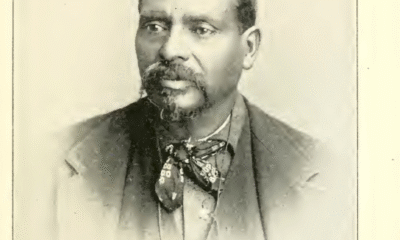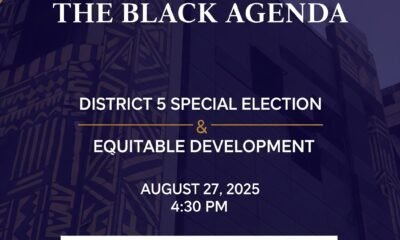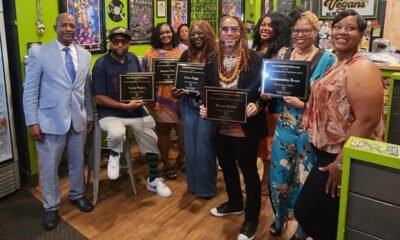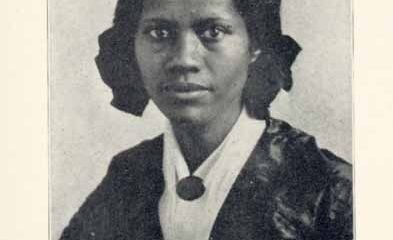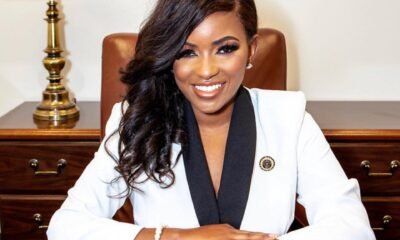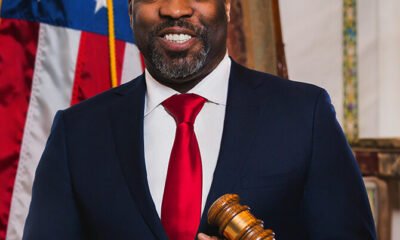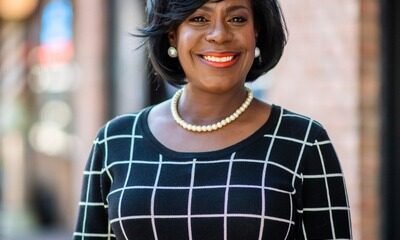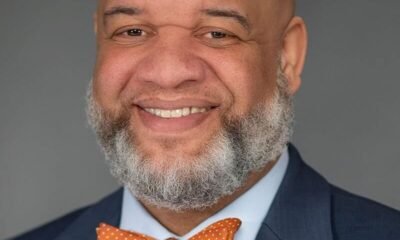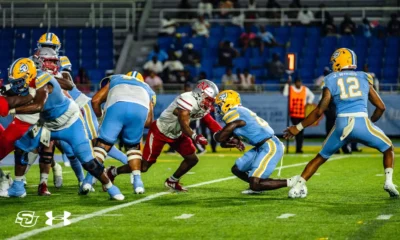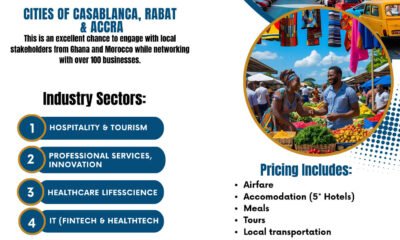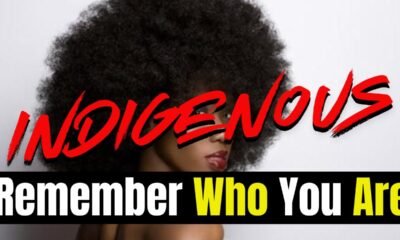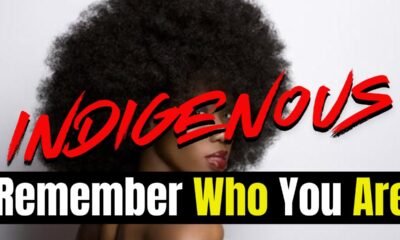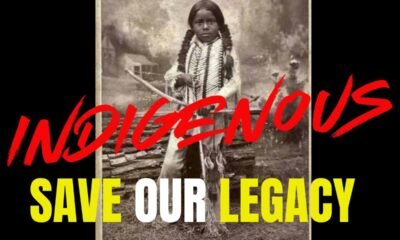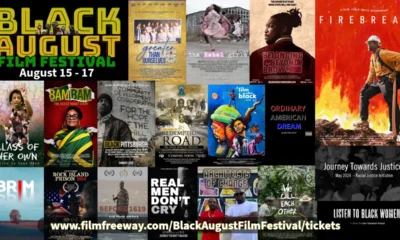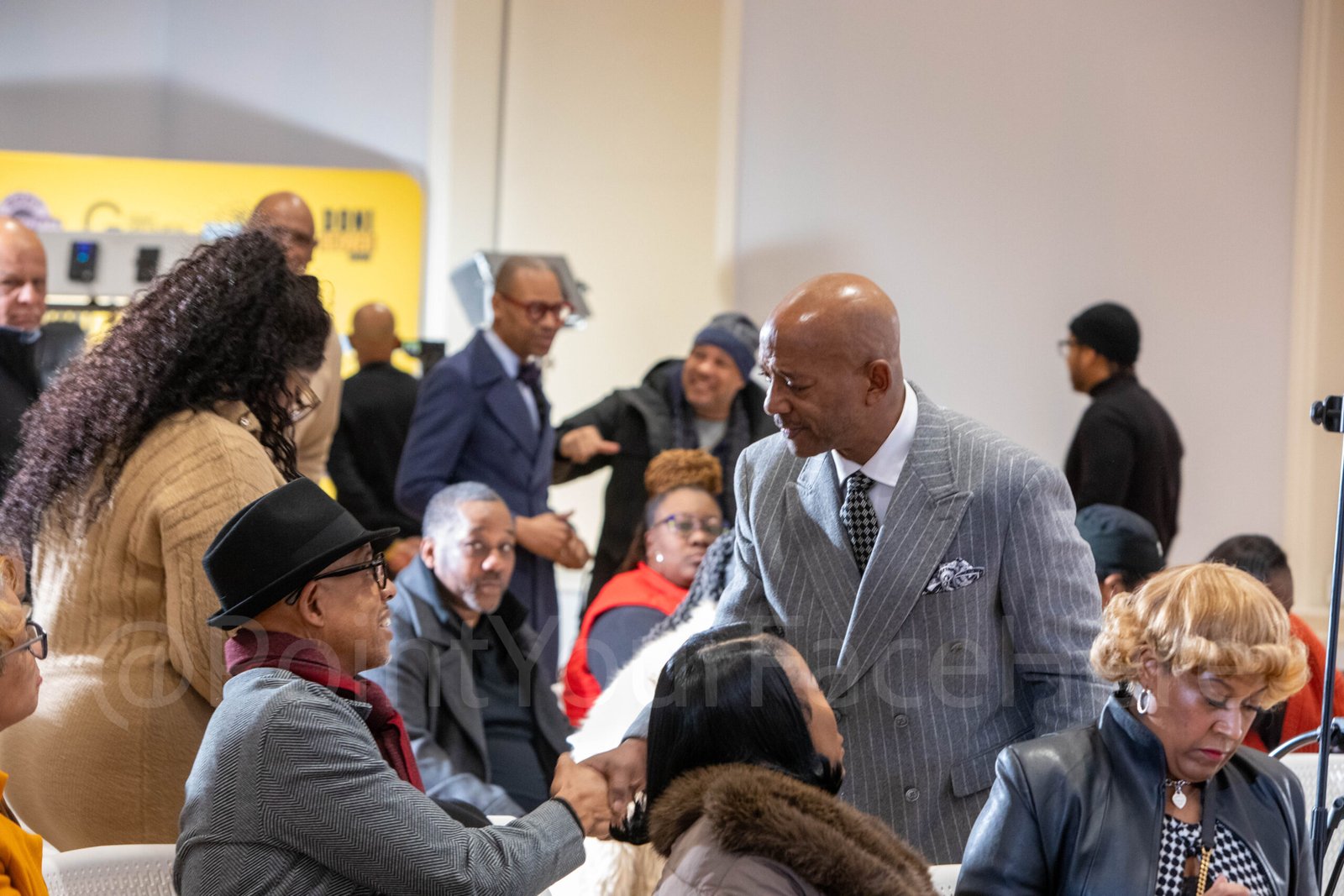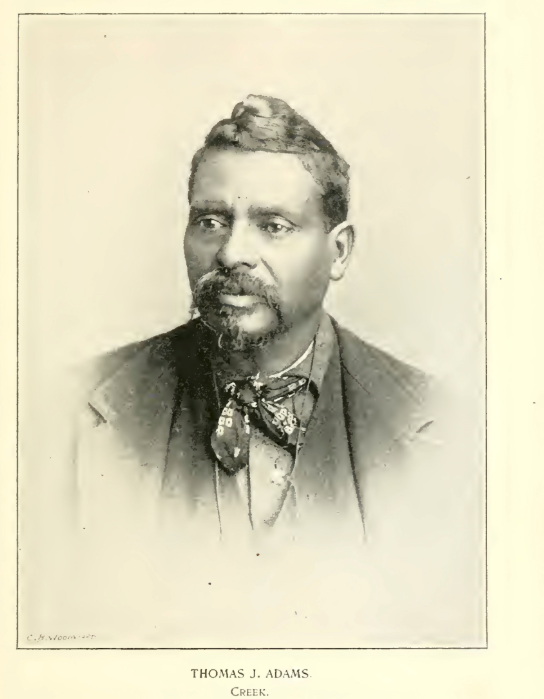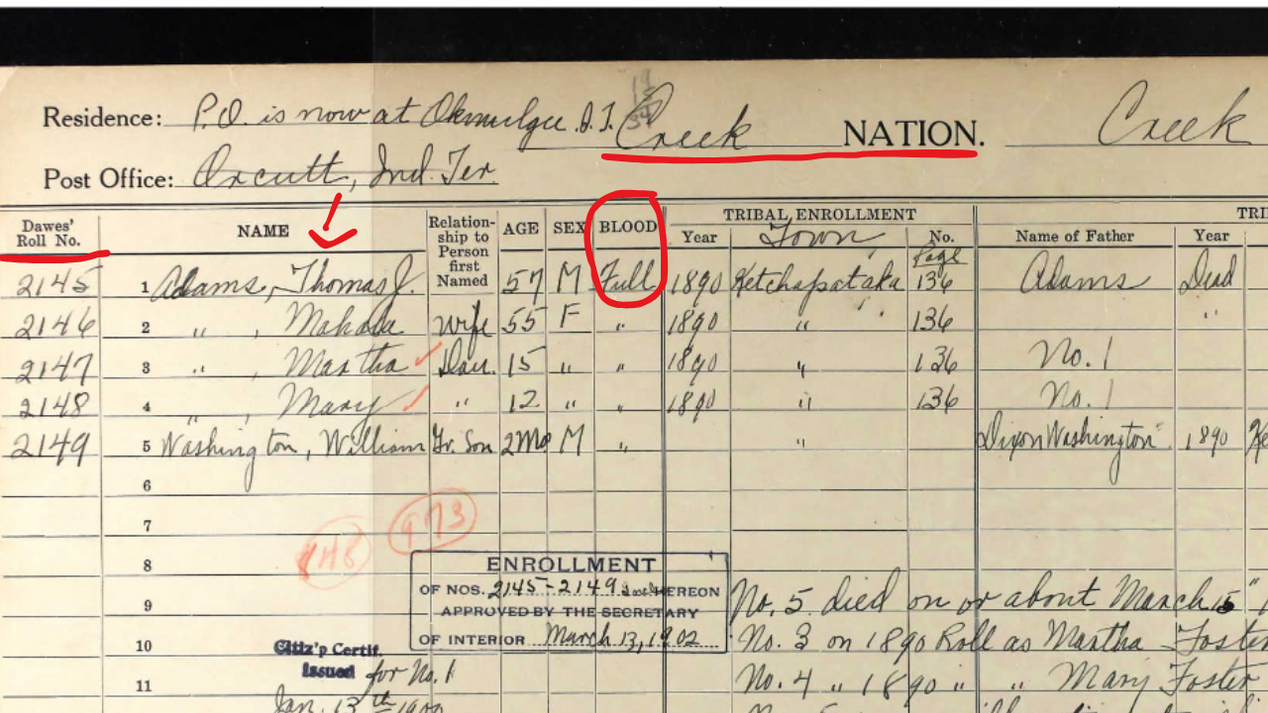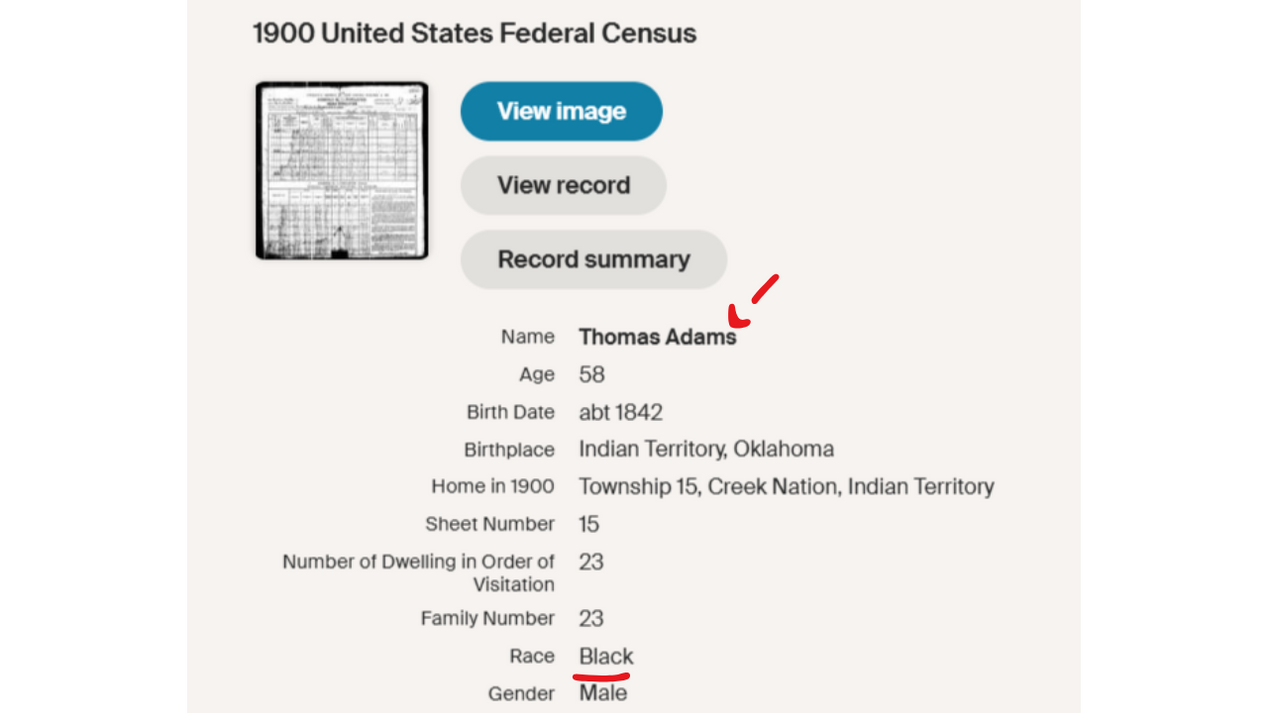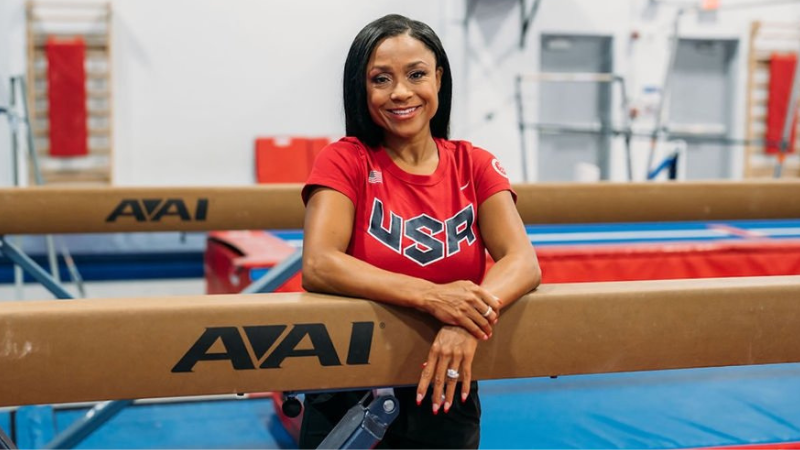Photo: Veteran journalist and publisher Cheryl Smith has been a powerful voice in Black media for over four decades. A Florida A&M alum, Smith is founder of I Messenger Enterprises, publisher of Texas Metro News, Garland Journal, and I Messenger. From The Dallas Weekly to KKDA-AM, she’s shaped news, mentored youth, and championed community causes. A trailblazer, educator, and award-winning leader, Smith continues to uplift voices and inspire change in North Texas and beyond.
(WASHINGTON, DC – July 24, 2025) – Across boardrooms, storefronts, and startup spaces nationwide, Black women are rewriting the story of American entrepreneurship. They are not just participating—they are leading. With nearly 2.7 million Black women-owned businesses across the United States, generating over $60 billion in annual revenue, these trailblazers are pushing past obstacles and creating new paths of possibility.
At BlackUSA.News, we celebrate these women not only for their bold business ventures, but for the powerful statement they make every single day: We will not be denied.
The Fastest Growing Force in Business
From 2014 to 2019, the number of businesses owned by Black women grew by 50%—the highest growth rate of any female demographic. Black women now make up 42% of all new women-owned businesses and represent 36% of all Black employers. This is no small feat; it is a revolution.
This surge is more than a trend—it’s a testament to vision, resilience, and grit. Whether launching a beauty brand, building a tech company, founding a nonprofit, or running a food truck, Black women are stepping into their power and redefining success on their own terms.
Courage in the Face of Challenges
The road to entrepreneurship is rarely smooth—and for Black women, the path is often filled with barriers that others never encounter. Discriminatory lending practices, lack of access to venture capital, and systemic economic inequalities persist. Nearly two-thirds of Black women entrepreneurs self-fund their businesses, despite having less generational wealth or household income compared to their white counterparts.
And yet—they rise.
Even as fewer than 3% of Black women-owned businesses reach the five-year mark, this community of innovators continues to build, to dream, and to rise above the statistics. They juggle caregiving, full-time jobs, and community commitments—often working double-time just to stay in the game.
Their businesses may be born out of necessity, but they are driven by purpose. And that purpose is reshaping industries and communities.
The Legacy Continues
From the legacy of Madam C.J. Walker, the first self-made Black woman millionaire, to modern moguls like Oprah Winfrey, Janice Bryant Howroyd, Cathy Hughes, and Beyoncé Knowles-Carter, Black women have long shown what’s possible when brilliance meets opportunity.
And today, new names are being etched into that legacy. Names like Rosalind Brewer, CEO of Walgreens Boots Alliance. Sheena Allen, fintech founder. Melissa Butler, creator of The Lip Bar. Pinky Cole, founder of Slutty Vegan. The list grows by the day—and every name represents a story of perseverance and power.
A Call to Action
It’s not enough to applaud Black women from the sidelines—we must invest in them, mentor them, partner with them, and amplify their work. The financial community, government agencies, and private institutions all have a role to play in eliminating structural inequities and providing real access to capital, networks, and growth opportunities.
As JPMorgan Chase’s Tosh Ernest puts it: “Black women are positioned to play an increasingly visible and important role in the United States’ future like never before.”
We at BlackUSA.News believe that future is already here. It’s being built every day by women who defy the odds, uplift their communities, and turn vision into value. They are not just surviving—they are thriving. And we’re proud to tell their stories.
In Their Honor
To every Black woman entrepreneur grinding before dawn, balancing motherhood with market research, transforming a side hustle into a legacy—we see you. We salute you. We celebrate you.
Because when Black women rise, we all rise.
🖤 For more stories like this, visit www.BlackUSA.News —where Black voices lead the narrative.
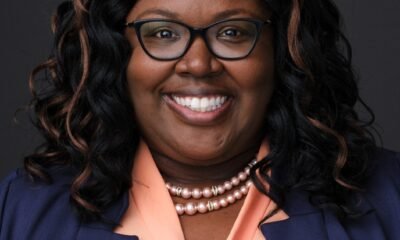
 HBCU7 months ago
HBCU7 months ago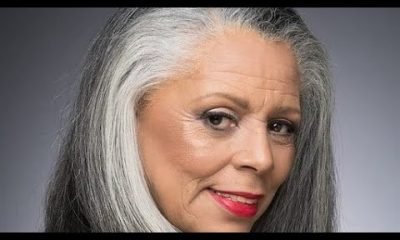
 Videos3 years ago
Videos3 years ago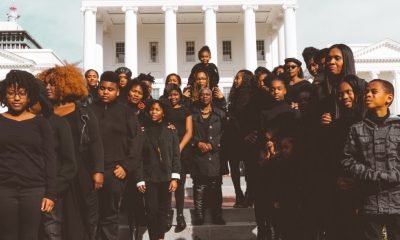
 Videos3 years ago
Videos3 years ago
 Videos2 years ago
Videos2 years ago
 Videos1 year ago
Videos1 year ago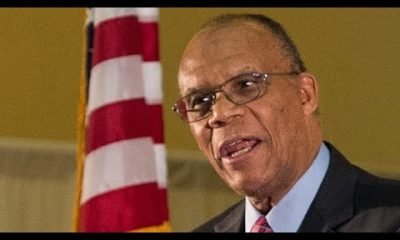
 Videos3 years ago
Videos3 years ago
 Videos2 years ago
Videos2 years ago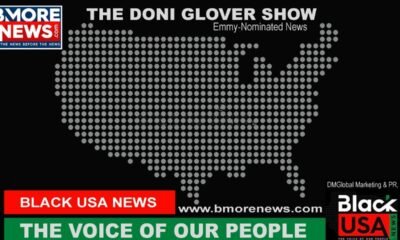
 Videos3 years ago
Videos3 years ago
